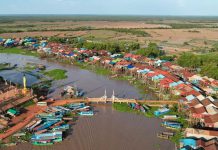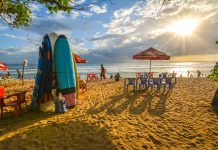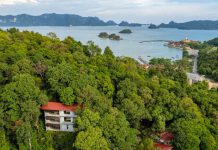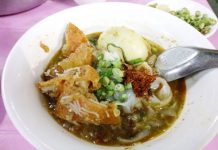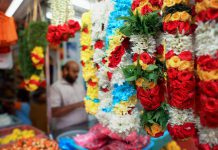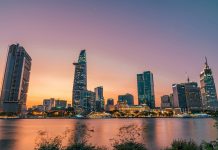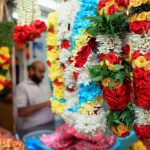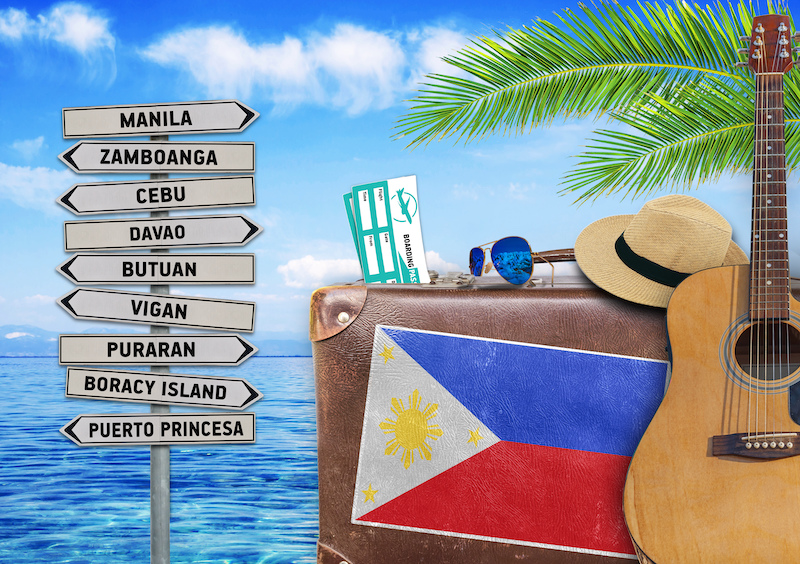
Here are some practical and useful travel information and tips to help make your trip to the Philippines a memorable one.
TIME ZONE
GMT+8
POWER PLUG
• Voltage: 220 volts
• Frequency: 60 hertz
• Power socket: Plug types A, B, C
CURRENCY
Philippine peso (PHP)
Denominations
• Notes: 20, 50, 100, 200, 500 and 1,000 peso
• Coins: 1, 5 and 10 piso (peso); 1, 5, 10 and 25 sentimo (centavo)
In smaller cities, functioning ATMs may be difficult to find so be sure to stock up on cash (especially small change) before visiting smaller islands and towns. Using ATMs attached to banks is the safest option. Many ATMs may only dispense up to 10,000 pesos per transaction and there may be a fee of up to 200 pesos per transaction.
Credit cards are mostly accepted in big cities like Manila and Cebu or tourist places like Boracay. Note that many businesses charge an extra commission of up to 10 percent for credit card transactions. For daily transactions, cash is the way to go.
VISA
Visa Exemption
All citizens of countries in Southeast Asia may enter the Philippines without a visa. Click here to check if you need a visa to enter the Philippines.
Visa Upon Arrival
For details on visa upon arrival, click here.
CULTURAL DO’S & DON’TS
Do’s
• As respect for elders is taken very seriously by Filipinos, show respect to elders by standing up when they enter the room and by using “po” at the end of your statement/sentence. For example, “thank you po” or “you’re welcome po”.
• Address someone older with titles such as ate (older sister), kuya (older brother), tita (aunt), tito (uncle), lola (grandmother) and lolo (grandfather) instead of their first names.
• Address government officials by their respective titles (for example, senator, congressman or director).
• Remove your shoes before entering someone’s home. You may be offered a pair of slippers to wear inside the home.
• Casual attire is acceptable in most places but in Muslim areas and places of worship, do dress modestly.
Don’ts
• Avoid raising your voice and showing outward frustration which may cause locals to “lose face”.
• Don’t lose your temper in public, and avoid being cocky and intrusive towards Filipinos.
• Don’t refuse food that is offered by your host during a home visit as Filipinos believe that it’s unlucky to turn away guests.
• It’s considered impolite to arrive on time for a meeting or gathering in the Philippines. About 15 minutes late is the socially acceptable arrival time.
• Don’t insult the country or its people.
• Avoid getting into a discussion on religion with the locals.
• When visiting a karaoke bar, be sure to take the singing seriously and don’t laugh at others who are singing.






